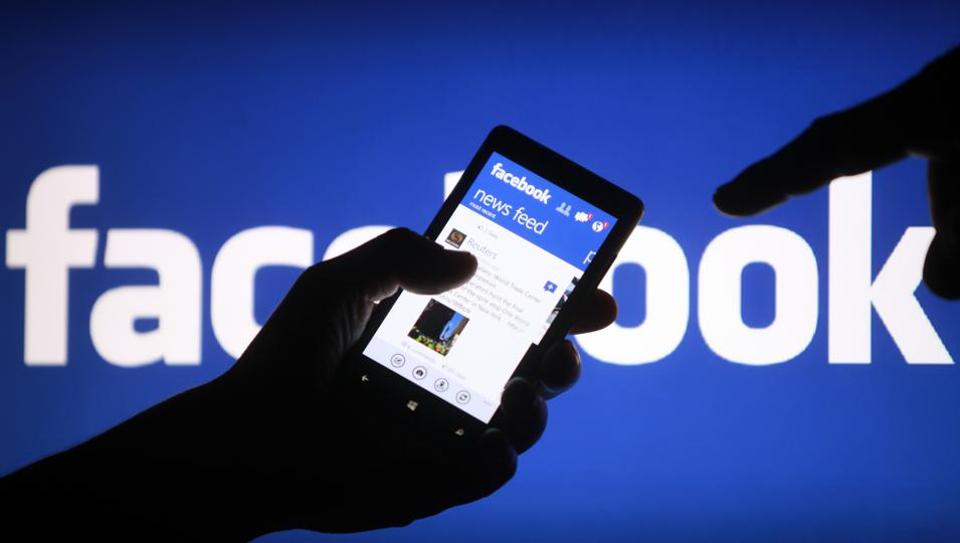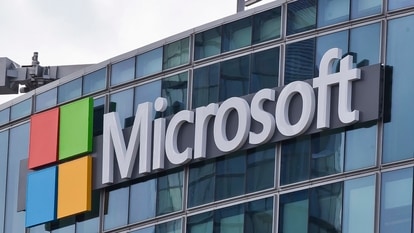Facebook goes to towns, villages with Wi-Fi to provide free internet access
Google and Facebook are chasing the next billion internet users — a third of which are expected to come from India — to generate more advertising revenue. Nearly 65% of India is yet to use the internet.

Facebook is testing WiFi hotspots across villages and small towns in India to provide free internet access, the social networking giant has said, unveiling plans to take the project to other nations as well.
The new experiment comes months after India's telecom regulator blocked Free Basics, a controversial Facebook service that it said would bring free access to a limited version of the social network and other sites to the poor.
The ruling was seen as a setback for Facebook chief executive Mark Zuckerberg, who is keen to expand on the network's 160 million users, the second largest in the world.
"We are working with carriers, internet service providers and local entrepreneurs to help expand connectivity to 'underserved' locations around the world. We're live in India, and are expanding to other regions soon," the company said on its website.
Google and Facebook are chasing the next billion internet users — a third of which are expected to come from India — to generate more advertising revenue. Nearly 65% of India is yet to use the internet.
Google has been providing free WiFi in partnership with an Indian Railways subsidiary, RailTel, and plans to offer internet connectivity in 400 railway stations by 2018. The Google programme is already active at 53 stations. Facebook, too, is talking to RailTel for similar services
However, the new pilot project, Express Wifi, may not be free. The company will charge a small amount for the access. But most of these hotspots will be in small towns and eventually expand in villages, from where most of the new users are expected to come.
The company did not share any details on the number of hotspots that it plans to open.
Sources said Facebook will share setup costs, provide technology and perhaps also share operation costs.
"Currently, we are working with ISP and operator partners to test Express Wi-Fi with public Wi-Fi deployments in multiple pilot sites," a Facebook spokesperson said. Express Wi-Fi customers can purchase fast, reliable and affordable data packs, he said. The plan is expected to be available for public soon, he said, adding Facebook would not take payments directly.
Google also plans to extend Google Station to cafes, malls, universities and bus stations - a programme to offer high-speed browsing at any place that has a wired internet connection. However, it may not be a free service, with revenue being split between Google and the space owner.
The company is testing its Project Loon that will use balloons to take internet access to remote locations. It is also learnt to be looking at putting Google Accelerator boxes in cafes and restaurants.
The Mountain View internet giant also has a Wifi plan called Google Fi, which Facebook claims is different from its Express WiFi. A Fi user pays Google directly and accesses the internet riding Google's partnerships with ISPs, public Wifi and network operators.
Redmond-based Microsoft is trailing along as well. The company is also working on TV White Spaces technology which lets the company broadcast internet signals at unused low-frequency spectrum bands. The company claims that since the frequency is low, the signals can be transmitted over larger areas bringing down the cost of laying optical fibre.
Catch all the Latest Tech News, Mobile News, Laptop News, Gaming news, Wearables News , How To News, also keep up with us on Whatsapp channel,Twitter, Facebook, Google News, and Instagram. For our latest videos, subscribe to our YouTube channel.


























